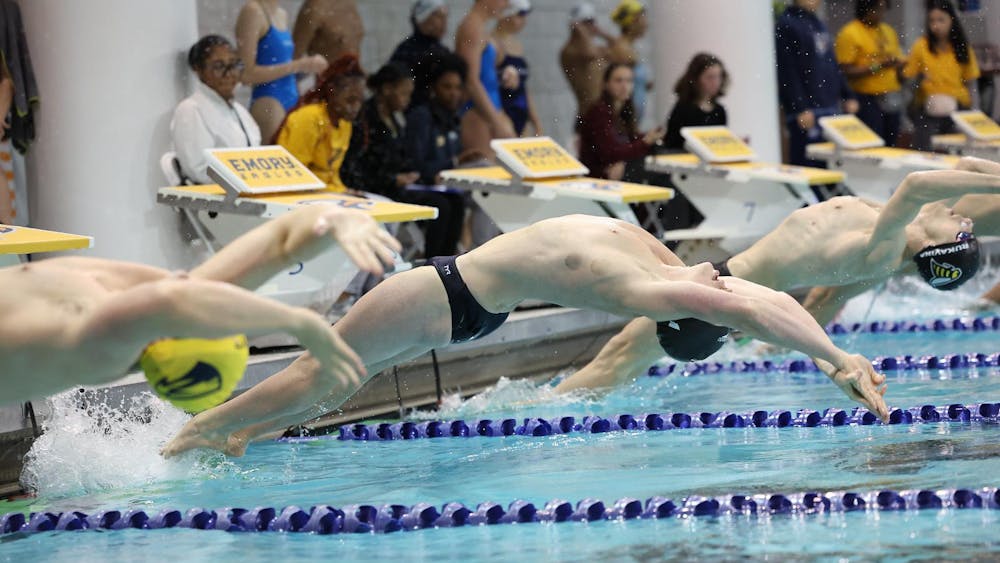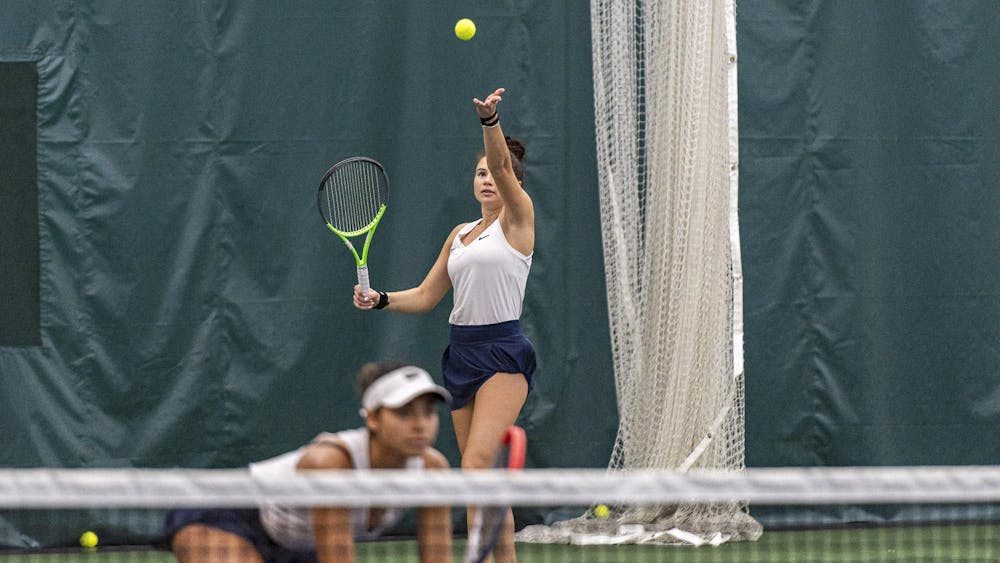The persistent tumult of 2020 will not be missed as we declare our resolutions for 2021.
Last year was as historic as it was devastating, presenting us with the challenge — nay, the duty — to enact serious systemic change across racial, gender, social and economic lines to correct our harmful pasts and presents. Aside from COVID-19, many of the issues the world reckoned with in 2020 were not novel; political malpractice, racial disparities in criminal justice and exploitative economic practice have been fought against for decades, but those fights were renewed with historic intensity during the pandemic.
A particular long-standing debate received relatively little airtime in 2020, but the pandemic made clear the need for its resolution, which could come in only a few months: paying college athletes.
Last fall, in response to a proposed California law that would pay college athletes, I equivocated. I did not know how I felt about paying college athletes. Given that the NCAA is an enormous revenue machine, I thought that there was definitely a space to pay student athletes and found many of the arguments in favor of the California bill compelling. But I also recognized the potential for major pay discrepancies across sport, school and gender lines which could produce unforeseen consequences.
These athletes generate exorbitant funds for their schools and the NCAA, to the tune of some $1 billion each year. Rather than enjoying a monetary dividend of their athletic investments, many athletes are provided scholarships, often modest in value, while their coaches enjoy multimillion-dollar paydays and their schools construct overindulgent athletic facilities.
However, as the pandemic rages, it is clear that the business model of the NCAA is not just exploitative but also unethical. This fall, the NCAA and many of its constituent schools and conferences restarted sports even as coronavirus cases surged. In response, the states, counties and cities in which these schools usually play implemented mitigation efforts that have forced some teams to move states to compete.
While many athletic conferences and individual schools across all three NCAA divisions postponed or canceled fall sports, the others that played on created fertile breeding grounds for COVID-19 through frequent travel and in-person practices and meetings.
For example, all 15 members of the University of Houston men’s basketball program tested positive for the virus over the last few months. Keyontae Johnson, star forward for the University of Florida men’s basketball team, collapsed on Dec. 12 during a game and fell into a coma due to a heart condition that is speculated to be related to a previous COVID-19 infection from the summer.

While athletes were allowed to opt out of this season, the lure of competition and the pressure from coaches to play would be difficult for any athlete to turn down. Still, many universities chose to resume sports during a pandemic that has claimed the lives of over 350,000, largely for the financial gain, injecting a newer, deadlier meaning into the blood, sweat and tears their athletes are expected to sacrifice and wholly redefining what it means to be an amateur athlete.
The pandemic has illuminated the need for paying college athletes. Although there may be discrepancies in the amount of pay and some negative consequences, it is clear that athletes deserve to be paid, for they place their lives on the proverbial line to make money for their universities. They should be justly compensated for their efforts.





